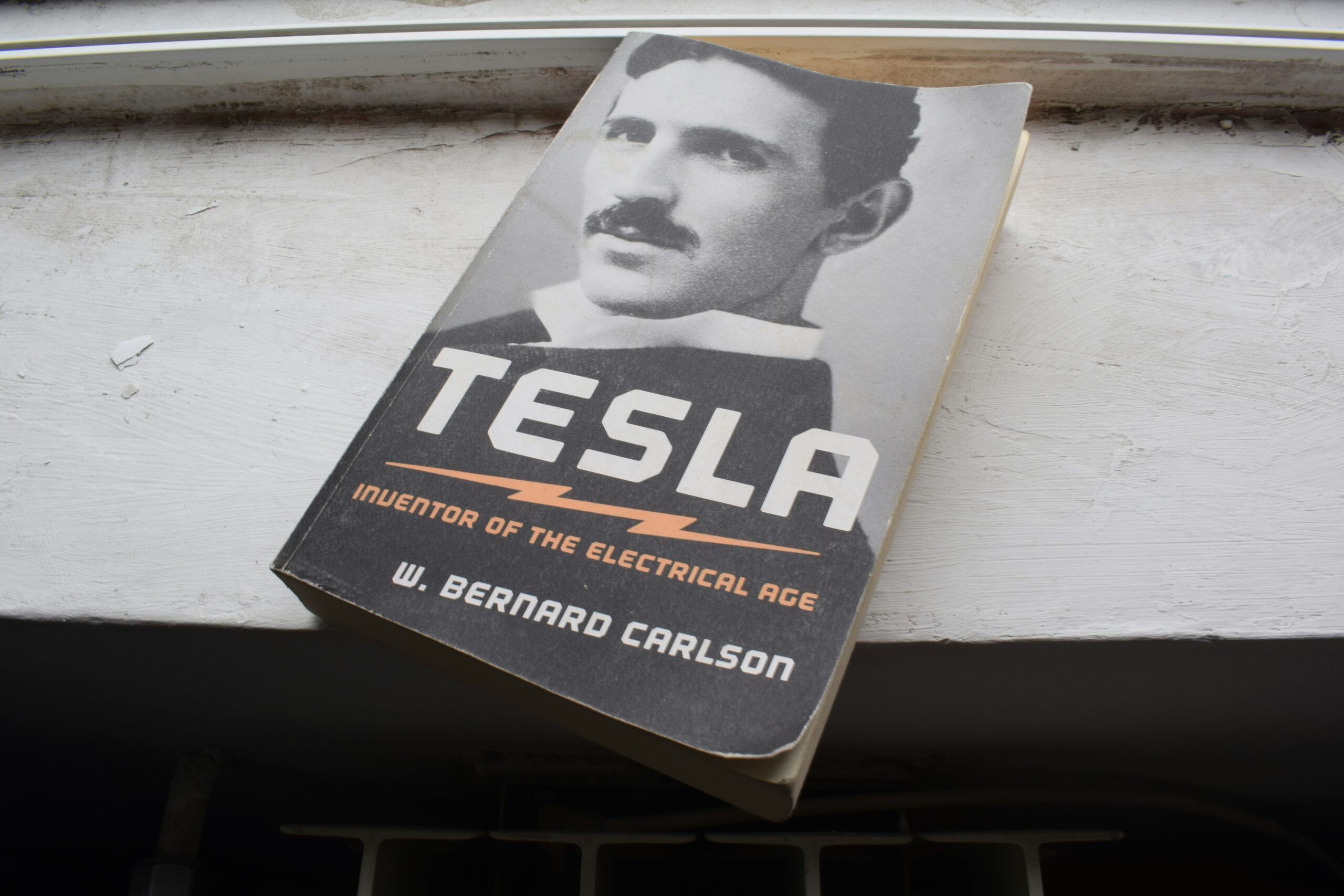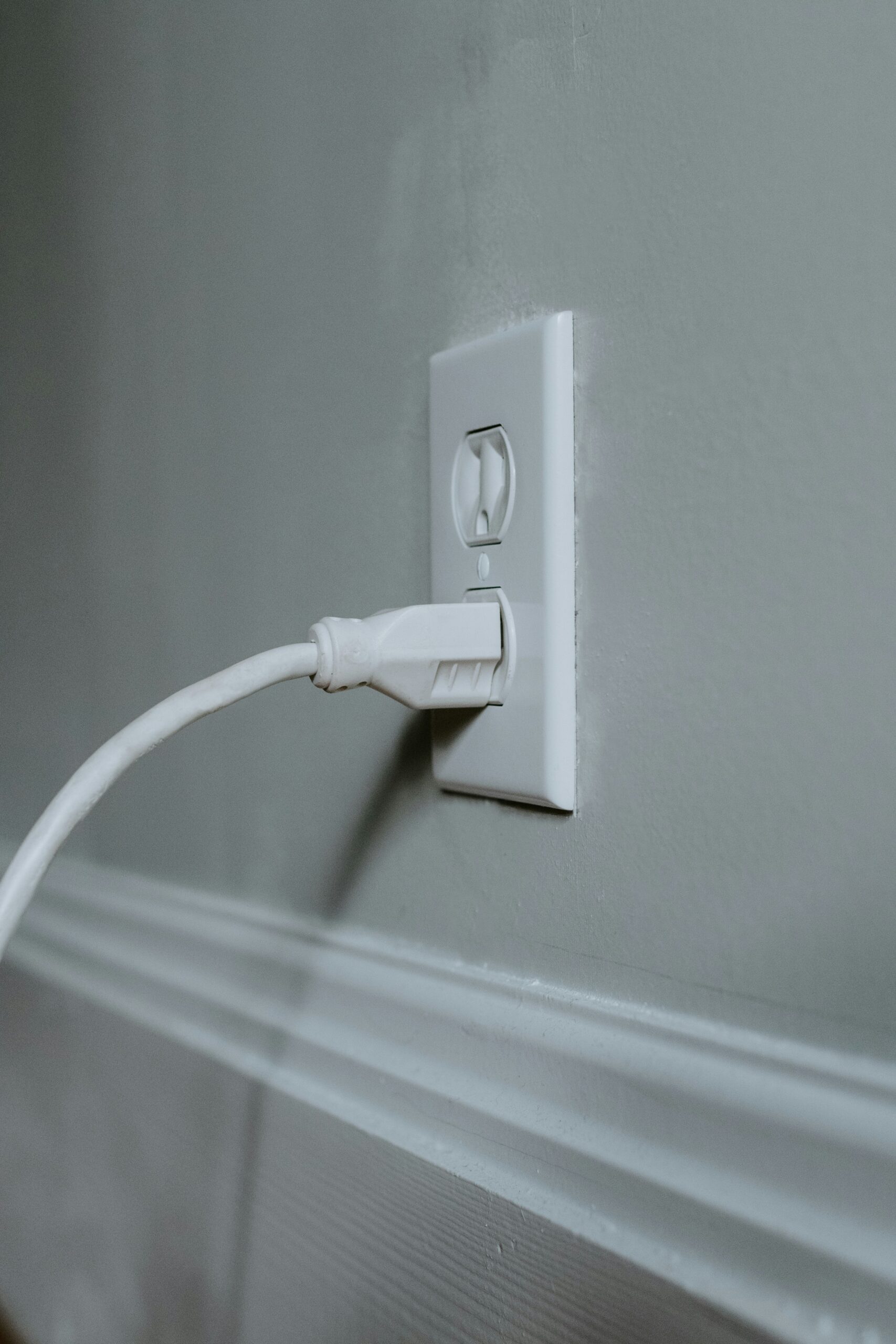Imagine this scenario: you’re enjoying a quiet evening at home, when suddenly, the power goes out. Your trusty home power backup system kicks in, bringing back the light and ensuring your essential appliances continue to function. But have you ever wondered what would happen if that backup system were to fail? In this article, we’ll explore the consequences of a home power backup system failure and provide you with some tips on how to handle such a situation. So grab a cup of tea, sit back, and let’s shine a light on this essential topic.
Understanding Your Home Power Backup System
What is a home power backup system
A home power backup system, also known as a backup generator or standby generator, is a device that provides electricity to your home during power outages. It serves as a reliable source of backup power that can keep essential appliances and systems running even when the main power supply is disrupted. These backup systems are typically installed outside of the house and are connected to the electrical system, automatically switching on within seconds of a power failure.
Different types of home power backup systems
There are several types of home power backup systems available on the market. The most common types include:
- Standby Generators: These generators are permanently installed outside the house and are connected to the electrical system. They are powered by natural gas or propane and automatically activate during a power outage.
- Portable Generators: These generators are smaller and can be moved around. They require manual setup and usually run on gasoline or diesel fuel. Portable generators are commonly used for temporary power needs or in areas where frequent power outages occur.
- Solar Backup Systems: These systems use solar panels to generate electricity and store it in batteries for later use. Solar backup systems are environmentally friendly and can provide a reliable source of power during extended outages, as long as the solar panels have an adequate charge.
Each type of home power backup system has its own advantages and considerations, depending on your specific needs and preferences. It’s important to understand the differences between these systems to make an informed choice.
Recognizing the Signs of a Failing Home Power Backup System
Decreased system performance
One of the first signs that your home power backup system may be failing is a noticeable decrease in its performance. This can manifest in various ways, such as the generator taking longer to start, struggling to power essential appliances, or shutting down unexpectedly during regular operation. If you notice any significant changes in the system’s performance, it’s essential to address the issue promptly to prevent further damage.
Unusual noises from the system
Unusual noises coming from your home power backup system can indicate potential problems. While some noise is expected during operation, loud or abnormal sounds like knocking, grinding, or clunking could be a sign of mechanical issues, loose components, or worn-out parts. If you hear any unusual noises, it’s advisable to have the system inspected by a professional to diagnose and resolve the problem.
Frequent maintenance requirements
If your home power backup system requires frequent repairs or maintenance, it could be a sign of an underlying issue or deteriorating condition. While regular maintenance is crucial to keep the system in good working order, an excessively high frequency of service calls can indicate a more significant problem. It’s important to address these maintenance requirements promptly to prevent further damage and potential failure of the backup system.
Increased energy bills
A failing home power backup system can cause a noticeable increase in your energy bills. This may be due to the system working harder to compensate for its reduced efficiency or other operational issues. If you observe a sudden spike in your energy costs without any significant changes in your household’s power consumption, it’s worth investigating whether your backup system is the culprit.

Reasons Why Your Home Power Backup System Might Fail
Poor maintenance practices
Neglecting regular maintenance tasks for your home power backup system can lead to its failure. Just like any other mechanical device, backup generators and other systems require periodic inspections, cleaning, and servicing to ensure optimal performance and prevent potential issues. Ignoring these maintenance practices can result in system malfunctions, reduced efficiency, and increased wear and tear, ultimately leading to failure.
Old age or wear and tear
As your home power backup system ages, its components may start to deteriorate or become less reliable. Over time, normal wear and tear can weaken important parts of the system, affecting its overall performance and increasing the likelihood of failure. It’s important to consider the age of your backup system and proactively address any signs of aging or deterioration to prolong its lifespan and minimize the risk of unexpected failures.
Improper system installation
An improperly installed home power backup system can lead to a host of issues, including potential failure. From incorrect electrical connections to inadequate ventilation or fuel supply, improper installation can negatively impact the system’s performance and reliability. It’s crucial to have backup systems professionally installed, adhering to manufacturer guidelines and local building codes, to ensure safe and efficient operation.
Natural disasters or extreme weather conditions
Severe weather events such as hurricanes, snowstorms, or flooding can put a home power backup system under significant stress and increase the risk of failure. Harsh environmental conditions can damage the system’s components, disrupt fuel supply, or even render the system inoperable. While backup systems are designed to withstand some level of adverse conditions, extreme events may exceed their capabilities, leading to failure.
Determining the Extent of the Failure
How to check your power backup system
If you suspect that your home power backup system has failed or is experiencing issues, there are several steps you can take to assess the situation. Start by checking the fuel supply to ensure it’s not depleted or contaminated. Inspect the system for any visible damage, leaks, or loose connections. Additionally, review the system’s control panel for error codes or warning messages that could provide information about the potential issue.
Signs of a serious problem that needs immediate attention
Certain signs indicate a serious problem with your home power backup system that requires immediate attention. These signs include smoke or burning smells coming from the system, the presence of sparks or electrical arcs, or the sudden loss of power without any apparent cause. If you notice any of these signs, it’s essential to prioritize your safety and seek professional assistance as soon as possible.
Common minor problems that can be quickly fixed
Not all issues with a home power backup system indicate a major failure. Some problems can be quickly resolved without professional help. Examples of common minor problems include tripped circuit breakers, blown fuses, or low fuel levels. By familiarizing yourself with the owner’s manual and troubleshooting guides provided by the manufacturer, you may be able to address these minor issues on your own.

Dangers of a Failed Home Power Backup System
Possible electrical fire
A failed home power backup system can present a serious fire hazard. Faulty wiring, overheating components, or damaged electrical connections can lead to electrical sparks, arcs, or short circuits, potentially igniting a fire. Electrical fires are highly dangerous and can spread rapidly, putting both life and property at risk. Therefore, it’s imperative to address any issues with your backup system promptly to minimize the risk of fire.
Lack of power during emergencies
The primary purpose of a home power backup system is to provide electricity during emergencies, ensuring that essential appliances and systems remain operational. However, if the backup system fails during a power outage or emergency situation, you may be left without power when you need it the most. This can compromise the safety and well-being of your household, especially if you rely on medical equipment, have young children, or face extreme weather conditions.
Expensive repairs or replacements if system damage is extensive
In the event of a significant failure, repairing or replacing a home power backup system can be costly. Extensive damage to critical components, such as the engine, control panel, or wiring, may require professional expertise and specialized parts. Depending on the severity of the failure, the repair costs can quickly add up, and in some cases, it may be more cost-effective to replace the entire system. Regular maintenance and prompt attention to any issues can help mitigate the risk of extensive damage and the associated expenses.
Steps to Take If Your Home Power Backup System Fails
Contacting a professional
If your home power backup system fails or experiences a significant issue, it’s important to contact a professional immediately. An experienced technician can assess the problem, determine the best course of action, and perform the necessary repairs or replacements. Attempting to fix complex electrical systems without proper knowledge and training can be dangerous and may further damage the backup system.
Checking your home insurance policy
Reviewing your home insurance policy is crucial when your power backup system fails. While standard homeowner’s insurance may provide coverage for certain types of damage, it’s essential to understand the terms and limits of the coverage. Some insurance policies may exclude specific causes of damage or require additional endorsements to cover power backup system failures. Contact your insurance provider to discuss your coverage and determine if you can make a claim for the repairs or replacements.
How to safely disconnect your failed system
If your home power backup system fails, it’s important to follow proper safety procedures when disconnecting it from your home’s electrical system. Turn off the main power supply to the backup system and ensure that there are no loose or exposed wires. If you’re unsure about the disconnection process or concerned about potential hazards, it’s best to seek professional assistance to ensure the procedure is carried out safely.

Preventing Future Backup System Failures
Adopting good maintenance routines
Regular maintenance is key to preventing future backup system failures. Create a maintenance schedule that includes tasks such as inspecting and cleaning the system, checking fuel levels and connections, and testing the backup system periodically. Follow the manufacturer’s guidelines and recommendations for maintenance procedures and intervals. By proactively addressing any minor issues and ensuring proper upkeep, you can extend the lifespan of your home power backup system and reduce the risk of failures.
Upgrading to a more reliable system
If your current home power backup system has a history of frequent failures or is reaching the end of its expected lifespan, it may be time to consider upgrading to a more reliable system. Newer models often come with advanced features, improved efficiency, and enhanced durability. Evaluate your power needs, research different options available in the market, and consult with professionals to determine the most suitable and dependable system for your home.
Installing a fail-safe or secondary system
In some cases, even the most reliable home power backup system can experience failures. To further safeguard your electrical supply during emergencies, consider installing a fail-safe or secondary backup system. This can involve the installation of an additional backup generator, a battery storage system, or even a connection to a separate power grid. A fail-safe system acts as an extra layer of protection, ensuring that you have a backup backup system in place in case the primary one fails.
Options If Your Home Power Backup System Can’t Be Fixed
Choosing a new system
If your home power backup system cannot be fixed or the cost of repairs is prohibitively high, you will need to choose a new system. Consider factors such as the power capacity, fuel type, noise level, and budget when selecting a replacement. Research different brands and models, read reviews, and consult with professionals to make an informed decision. Taking the time to research and choose the right system can help prevent future failures and ensure a reliable source of backup power for your home.
Understanding different types and their pros & cons
Before selecting a new home power backup system, it’s crucial to understand the different types available and their pros and cons. Each system type has its own advantages and considerations. For example, standby generators offer automatic activation and high power capacity, but they require professional installation and a constant fuel supply. Portable generators, on the other hand, offer mobility and ease of use but require manual setup and regular refueling. Solar backup systems provide clean energy and long-term sustainability but require adequate sunlight and proper battery storage. Consider your specific needs, budget, and preferences when comparing the different options.
How to budget for a new power backup system
When budgeting for a new power backup system, consider not just the initial purchase cost but also the long-term expenses. In addition to the system itself, factor in the installation costs, any necessary permits, ongoing maintenance expenses, and potential fuel costs. Research the average prices for the type of backup system you are considering and obtain multiple quotes from reputable suppliers or installers. By understanding the full cost of ownership, you can make an informed decision and ensure that the chosen system aligns with your budgetary constraints.
Choosing a Reliable Home Power Backup System
Factors to consider
When choosing a reliable home power backup system, there are several factors to consider:
- Power Capacity: Determine the adequate power capacity to support your essential appliances and systems during a power outage.
- Fuel Type: Consider the availability, cost, and convenience of the fuel required to operate the system.
- Noise Level: If noise is a concern, choose a backup system with low noise emissions.
- Brand Reputation: Research the reputation and customer reviews of different brands to ensure reliability and customer satisfaction.
- Warranty and Support: Look for backup systems with comprehensive warranties and reliable customer support services.
Considering these factors will help you narrow down your options and choose a reliable home power backup system that meets your specific needs.
Where to shop for a reliable system
To shop for a reliable home power backup system, consider the following options:
- Authorized Dealers: Purchase the system directly from authorized dealers or distributors recommended by the manufacturer. This ensures that you are getting genuine products and access to professional installation services.
- Professional Installers: Consult with professional installers who specialize in backup systems. They can provide expert advice, assess your power needs, and guide you towards reliable products from reputable manufacturers.
- Online Retailers: Online retailers offer a wide range of backup systems, allowing you to compare different brands, models, and prices. However, it’s crucial to do thorough research, read customer reviews, and verify the authenticity of the products and sellers before making a purchase.
Understanding Your Home Insurance and Power Backup System Fails
Insurance coverage for failed power backup systems
Home insurance policies typically cover damage to your home and belongings caused by covered perils. However, the coverage for failed power backup systems may vary depending on the insurance company and policy. Some policies offer coverage for specific causes of failure, such as mechanical breakdown or power surges, while others may exclude damage to backup systems altogether. Review your insurance policy, paying particular attention to the coverage provisions related to home power backup systems. If you have any questions or concerns, consult with your insurance agent for clarification.
How to make a claims process smoother
To make the claims process smoother in the event of a failed power backup system, follow these steps:
- Document the Damage: Take photos or videos of the failed system and any associated damage it may have caused.
- Notify Your Insurance Company: Contact your insurance company as soon as possible to report the failure and initiate the claims process. Provide them with accurate and detailed information about the incident.
- Provide Necessary Documentation: Gather all relevant documentation, including purchase receipts, maintenance records, and repair estimates, to support your claim.
- Cooperate with the Claims Adjuster: If an insurance claims adjuster is assigned to your case, cooperate with them fully and provide any additional information or documentation they require.
- Follow Up Regularly: Stay in touch with your insurance company and follow up on the status of your claim. Keep a record of all communication for future reference.
Understanding the terms and requirements of your insurance policy and following the claims process diligently can help expedite the resolution of your claim.
In conclusion, understanding your home power backup system is crucial to ensure its reliable performance and prevent potential failures. Regular maintenance, proper installation, and prompt attention to any issues are key to keeping the system in good working order. Recognizing the signs of a failing backup system and taking appropriate steps such as contacting professionals and reviewing insurance coverage can help mitigate the consequences of failure. By adopting preventive measures, exploring reliable alternatives, and making informed decisions, you can ensure a dependable source of backup power to keep your home running smoothly during emergencies.

